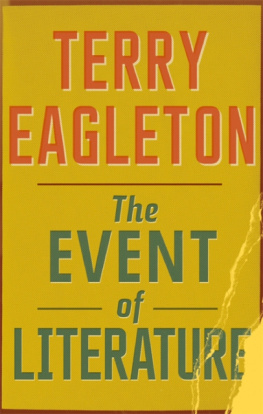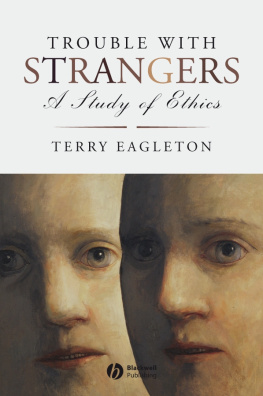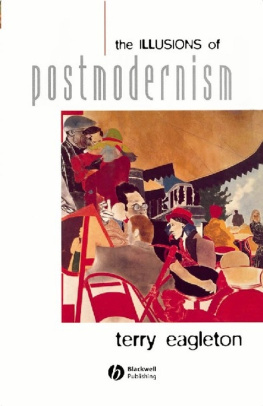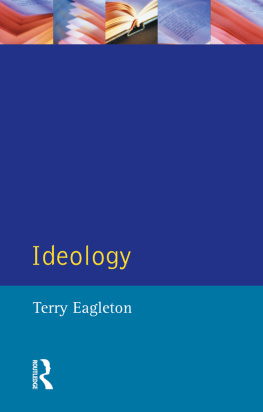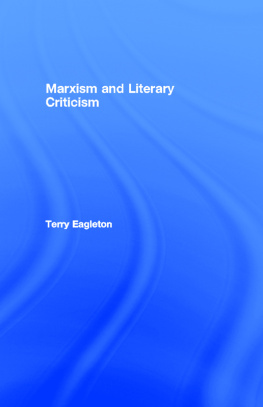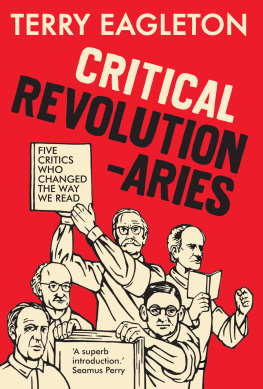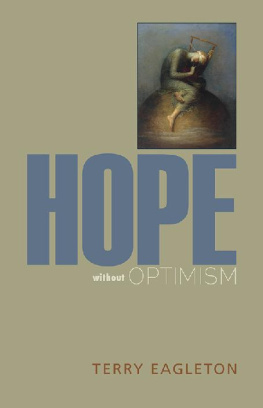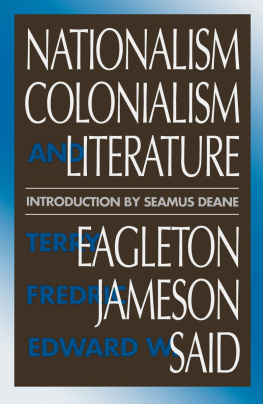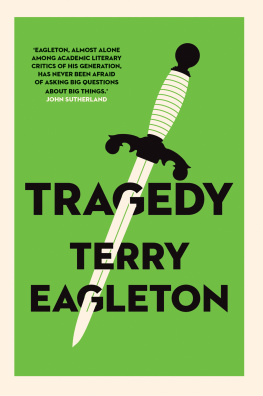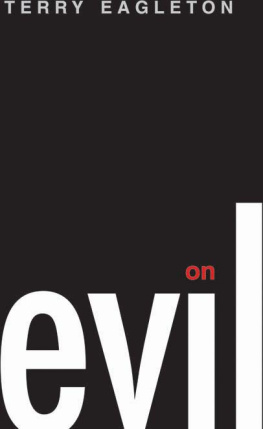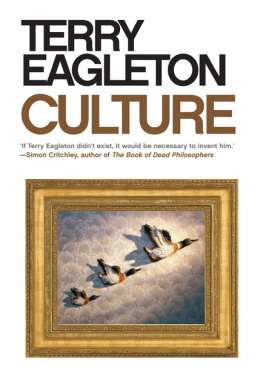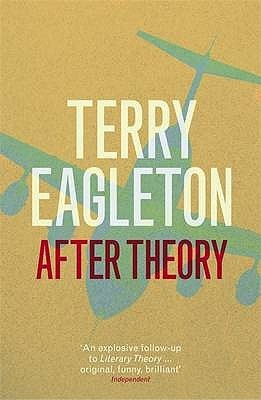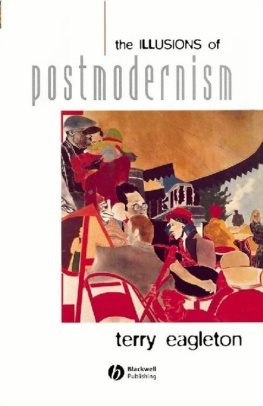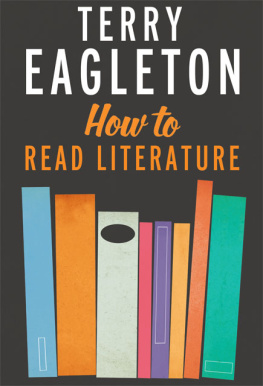Eagleton - The Event of Literature
Here you can read online Eagleton - The Event of Literature full text of the book (entire story) in english for free. Download pdf and epub, get meaning, cover and reviews about this ebook. City: New Haven, year: 2012;2013, publisher: Yale University Press, genre: Religion. Description of the work, (preface) as well as reviews are available. Best literature library LitArk.com created for fans of good reading and offers a wide selection of genres:
Romance novel
Science fiction
Adventure
Detective
Science
History
Home and family
Prose
Art
Politics
Computer
Non-fiction
Religion
Business
Children
Humor
Choose a favorite category and find really read worthwhile books. Enjoy immersion in the world of imagination, feel the emotions of the characters or learn something new for yourself, make an fascinating discovery.
The Event of Literature: summary, description and annotation
We offer to read an annotation, description, summary or preface (depends on what the author of the book "The Event of Literature" wrote himself). If you haven't found the necessary information about the book — write in the comments, we will try to find it.
The Event of Literature — read online for free the complete book (whole text) full work
Below is the text of the book, divided by pages. System saving the place of the last page read, allows you to conveniently read the book "The Event of Literature" online for free, without having to search again every time where you left off. Put a bookmark, and you can go to the page where you finished reading at any time.
Font size:
Interval:
Bookmark:



Copyright 2012 Terry Eagleton
All rights reserved. This book may not be reproduced in whole or in part, in any form (beyond that copying permitted by Sections 107 and 108 of the U.S. Copyright Law and except by reviewers for the public press) without written permission from the publishers.
For information about this and other Yale University Press publications, please contact:
U.S. Office:
Europe Office:
Set in Arno Pro IDSUK (DataConnection) Ltd
Printed in Great Britain by TJ International Ltd, Padstow, Cornwall
Library of Congress Cataloging-in-Publication Data
Eagleton, Terry, 1943
The event of literature/Terry Eagleton.
pages cm
Includes bibliographical references.
ISBN 978-0-300-17881-4
1. LiteraturePhilosophy. 2. Criticism. 3. LiteratureHistory and criticismTheory, etc. I. Title.
PN45.E24 2012
801'.9dc23
2012000109
A catalogue record for this book is available from the British Library.
10 9 8 7 6 5 4 3 2 1
For permission to reprint lines from Alan Brownjohn's poem Common Sense from The Saner Places: Selected Poems (2011) the author and publishers gratefully acknowledge the Enitharmon Press.
For David Bennett
Literary theory has been rather out of fashion for the last couple of decades, so that books like this one are becoming rare. There are some who will be eternally grateful for this fact, most of whom will not be reading this Preface. It would have been hard to foresee in the 1970s or 80s that semiotics, post-structuralism, Marxism, psychoanalysis and the like would become for the most part foreign languages to students thirty years later. By and large, they have been nudged aside by a quartet of preoccupations: post-colonialism, ethnicity, sexuality and cultural studies. This is not exactly heart-warming news for the conservative opponents of theory, who were no doubt hoping that its decline might herald a return to the status quo ante.
Post-colonialism, ethnicity, sexuality and cultural studies are not, of course, innocent of theory. Nor do they simply date from its decline. It is rather that they have emerged in full force in the wake of pure or high theory, which for the most part they have put behind them. Not only put behind them, indeed, but served to displace. In some ways, this is an evolution to be welcomed. Various forms of theoreticism (though not of obscurantism) have been cast aside. What has taken place by and large is a shift from discourse to culture from ideas in a somewhat abstract or virginal state, to an investigation of what in the 1970s and 80s one would have been rash to call the real world. As usual, however, there are losses as well as gains. Analysing vampires or Family Guy is The years when such thought was at its zenith were those in which the left, too, was buoyant and robust. As theory gradually ebbed, what slipped noiselessly away with it was radical critique. At its height, cultural theory posed some arrestingly ambitious questions to the social order it confronted. Today, when that regime is even more global and powerful than it was then, the very word capitalism scarcely soils the lips of those busy celebrating difference, opening themselves to Otherness or dissecting the Undead. That this is so is testimony to the power of that system, not to its irrelevance.
Yet there is a sense in which this book is an implicit rebuke to literary theory as well. Much of my argument, apart from the final chapter, draws not on literary theory but on that very different animal, the philosophy of literature. Literary theorists have too often cold-shouldered this sort of discourse, and in doing so have played their stereotypical role in the age-old contention between the Continentals and the Anglo-Saxons. If literary theory springs largely from the former sector of the globe, the philosophy of literature hails for the most part from the latter. Yet the rigour and technical expertise of the best philosophy of literature contrasts favourably with the intellectual looseness of some literary theory, and has addressed questions (the nature of fiction, for example) left mostly unexamined by those in the other camp.
Conversely, literary theory contrasts favourably with the intellectual conservatism and timidity of so much philosophy of literature, as well as with its sometimes fatal lack of critical flair and imaginative audacity. If the theorists are open-neck-shirted, the philosophers of literature (who are in any case almost all male) rarely appear without a tie. One camp behaves as though it has never heard of Frege, while the other acts as though it has never heard of Freud. Literary theorists tend to give short shrift to questions of truth, reference, the logical status of fiction and the like, while philosophers of literature often display a marked insensitivity to the texture of literary language. There seems these days to be a curious (and quite unnecessary) relation between analytic philosophy and cultural and political conservatism, which was certainly not the case with some of the major practitioners of this style of thought in the past.
Radicals, for their part, tend to suspect questions such as Can there be a definition of literature? as aridly academicist and unhistorical. But not all attempts at definition need be this, as many in the radical camp might agree when it comes to defining the capitalist mode of production or the nature of neo-imperialism. As Wittgenstein suggests, sometimes we need a definition and sometimes we don't. There is an irony at stake here, too. Many of those on the cultural left for whom definitions are fusty affairs to be left to the conservative academics are probably innocent of the fact that when it comes to art and literature, most of those academics argue against the possibility of such definitions. It is just that the most perceptive among them give more cogent, suggestive reasons for doing so than those for whom definitions are by definition futile.
Readers will be surprised, perhaps dismayed, to find themselves plunged at the outset into a discussion of medieval scholasticism. Perhaps it is the stink of the scholastic in me, to adopt a Joycean phrase, which helps to account for my interest in the issues which this book raises. There is certainly a connection between the fact that I was raised as a Catholic, and therefore taught among other things not to distrust the powers of analytic reason, and my later career as a literary theorist. Some might also attribute my interest in the philosophy of literature to the fact that I have frittered away too much of my time on this earth in the egregiously Anglo-Saxon citadels of Oxford and Cambridge.
Yet you do not have to be a former papist or ex-Oxbridge don to appreciate the oddness of a situation in which teachers and students of literature habitually use words like literature, fiction, poetry, narrative and so on without being at all well equipped to embark on a discussion of what they mean. Literary theorists are those who find this as strange, if not quite as alarming, as encountering medics who can recognise a pancreas when they see one but would be incapable of explaining its functioning. Besides, there are many important questions which the shift away from literary theory has left in suspension, and this book tries to address some of them. I begin by considering the issue of whether things have general natures, which has an obvious bearing on the question of whether one can speak of literature at all. I then go on to look at how the term literature is generally used today, examining each of the features which I take to be central to that meaning of the word. One of these features, fictionality, is complex enough to require a special chapter to itself. Finally, I turn to the question of literary theory, asking whether the various forms of it can be shown to have central features in common. If I were to be immodest, I would say that the book offers a reasonable account of what literature (at least for the present) actually means, as well as drawing attention for the first time to what almost all literary theories have in common. But I am not immodest, so I will not say so.
Next pageFont size:
Interval:
Bookmark:
Similar books «The Event of Literature»
Look at similar books to The Event of Literature. We have selected literature similar in name and meaning in the hope of providing readers with more options to find new, interesting, not yet read works.
Discussion, reviews of the book The Event of Literature and just readers' own opinions. Leave your comments, write what you think about the work, its meaning or the main characters. Specify what exactly you liked and what you didn't like, and why you think so.

